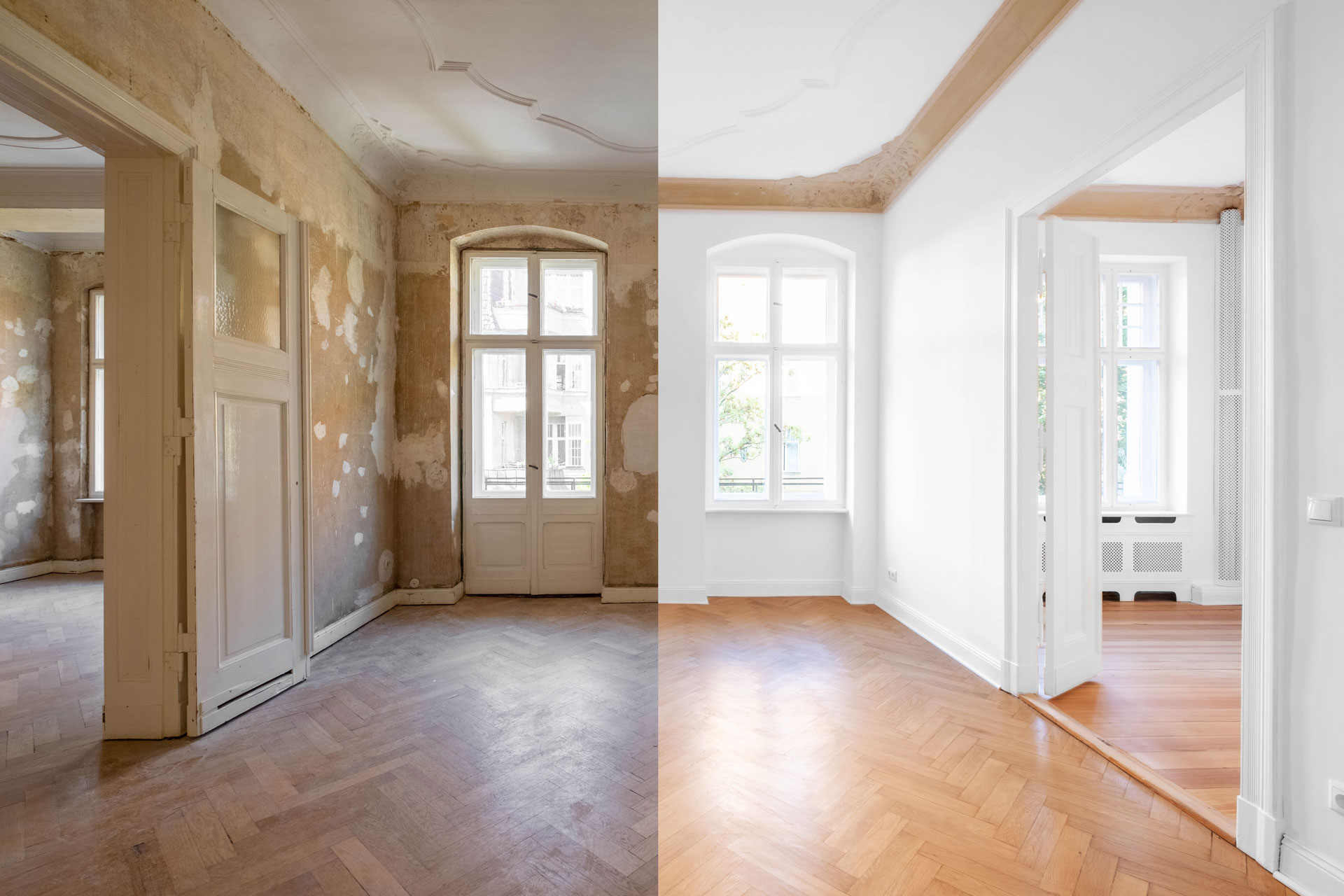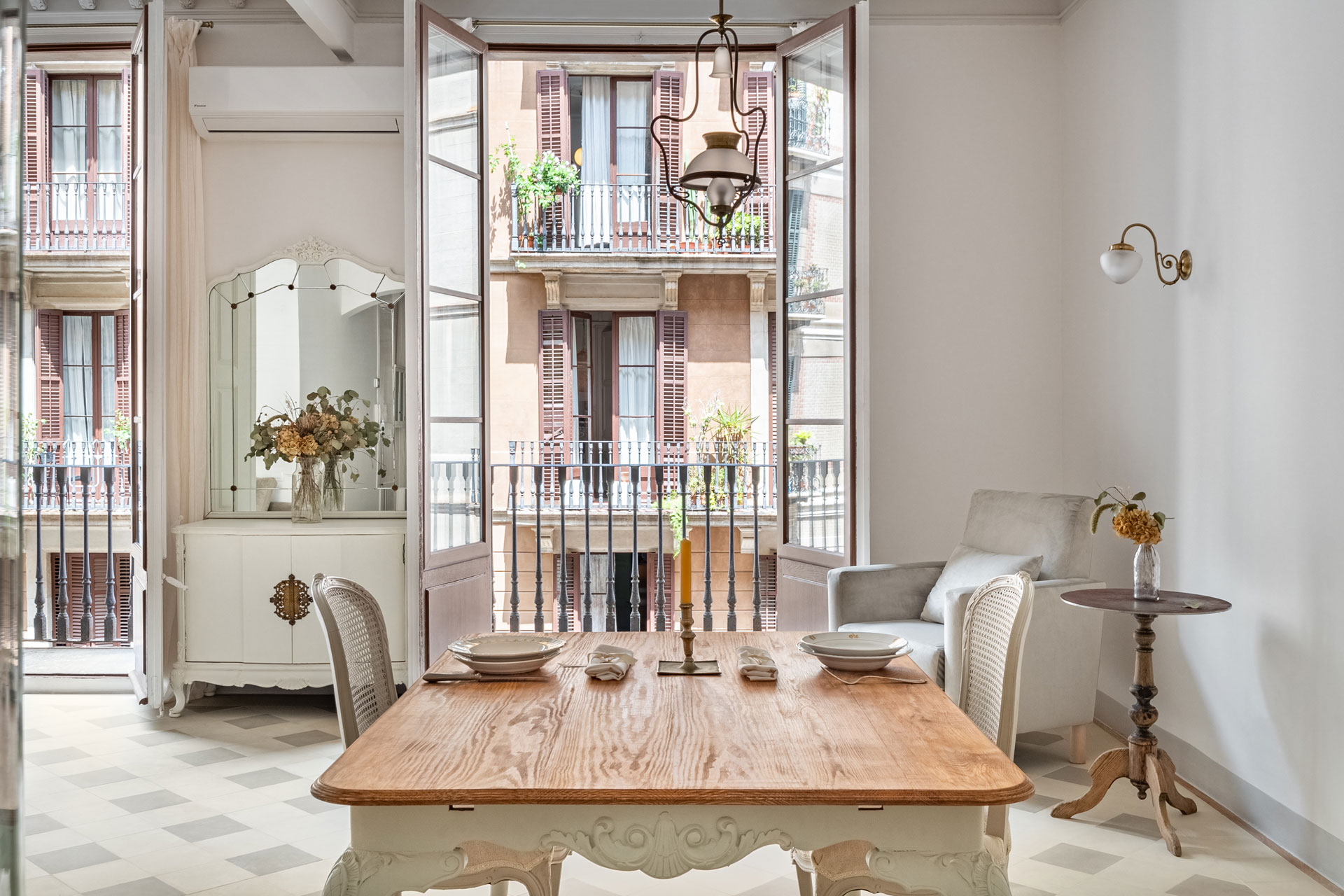When applying for a Spanish residency visa, one requirement often takes applicants by surprise: proof of accommodation. Whether you plan to move to Valencia, Madrid, or the coast of Alicante, having a valid long-term rental contract is one of the most critical — and frequently misunderstood — parts of the process.
At Livin’Valencia, we’ve guided hundreds of international families, retirees, and professionals through this step. Home renting for visa residency in Spain isn’t just about finding a place to live; it’s about ensuring your housing documentation meets Spanish legal standards and aligns with your visa application timeline.
Why housing matters in every Spanish visa process
For most long-term visas in Spain — such as the Non-Lucrative Visa, Digital Nomad Visa, or Family Reunification Visa — applicants must prove they have a stable place to live in the country. The logic is simple: Spain grants residency to those who are genuinely relocating, not visiting temporarily.
To demonstrate this, consulates require a long-term rental or purchase contract attached to your visa application. The document must be legal, signed, and valid for at least one year. Short-term or vacation leases (alquiler vacacional) are not accepted.
The challenge is that many applicants begin their visa process without realizing they’ll need housing documents this early. That’s where our work starts — aligning your visa preparation and housing search from day one, to avoid last-minute stress or rejected files.
Understanding proof of accommodation for residency visas
“Proof of accommodation” (acreditación de alojamiento) refers to an official document confirming that you’ll have a long-term residence in Spain once your visa is approved. This can take several forms:
- A signed long-term rental contract (usually 11 or 12 months minimum).
- A property purchase deed (escritura pública), if you’ve bought a home.
- Or, in specific cases, an official invitation or accommodation certificate, though this is rarely accepted for residency visas.
For non-EU citizens, the Spanish consulate in your home country will review this document before approving your visa. After arrival in Spain, it will also be required again when registering your address (empadronamiento) and applying for your residence card (TIE).
Each step must align: the address, the dates, and the names on the contract must match your application exactly.
Legal requirements for a visa-valid lease
A lease that’s valid for visa purposes must comply with the Spanish Urban Lease Law (Ley de Arrendamientos Urbanos). Consulates and immigration offices typically expect:
- A minimum duration of 11–12 months (long-term contract).
- The tenant’s name(s) listed exactly as on the visa application.
- The complete address of the property, including postal code and municipality.
- A clear start date, valid through your expected visa approval and arrival.
- The owner’s signature and ID or company details.
- Ideally, a contract written in Spanish (or accompanied by an official translation).
Short-term rentals, sublets, or “tourist” agreements like Airbnb will not be accepted, even if they cover a full year. Likewise, an unsigned draft contract or informal letter from a landlord is not enough — it must be a formal, binding rental agreement.
Common visa types that require rental contracts
Almost every long-stay visa in Spain involves housing proof at some stage, but it’s especially critical for these categories:
- Non-Lucrative Visa (NLV): Requires stable accommodation for at least one year.
- Digital Nomad Visa (DNV): Applicants must prove a legal address in Spain where they’ll reside while working remotely.
- Family Reunification Visa: Proof of adequate housing is required before family members can join the primary resident.
- Student Visa (over 6 months): Students must provide either on-campus housing or a private rental contract.
If you’re buying a property instead of renting, your purchase deed or notarized contract usually replaces the lease. However, the purchase must be finalized — a reservation or arras contract alone may not be enough for certain consulates.
How we help you secure the right rental for your visa
At Livin’Valencia, we know that securing a compliant rental from abroad can feel daunting. Our team coordinates your visa and housing processes in parallel, ensuring your accommodation meets immigration standards while still fitting your lifestyle and budget.
Here’s how we assist you step-by-step:
- Early consultation: We start by clarifying your visa pathway and timeline, so the rental search matches your consular requirements.
- Remote home search: We curate and pre-screen properties available for long-term leases — not short-term or vacacional rentals.
- Virtual or in-person visits: You can view homes remotely with our team on site, ensuring full transparency and accurate impressions.
- Contract review: We analyze the draft lease, confirm its compliance for visa purposes, and check for fair clauses and legal consistency.
- Coordination with immigration partners: Our trusted lawyers ensure that your housing proof integrates seamlessly into your visa application.
This coordination prevents the most common problem we see: people finding a property that looks perfect — only to discover it doesn’t meet legal or visa criteria.
Avoiding common mistakes when renting for visa purposes
Even well-prepared applicants can run into trouble when choosing housing for their visa. These are the most frequent (and costly) mistakes we help our clients avoid:
- Choosing short-term or “vacacional” rentals: These contracts cannot be used for residency.
- Signing too late: If your consulate appointment is near, timing errors can delay your visa submission.
- Using another person’s contract: The lease must be in your name, not a friend’s or relative’s.
- Omitting translation: Some consulates require the lease translated into English or the applicant’s native language.
- Inconsistent addresses: The address on your visa form, empadronamiento, and TIE must all match.
Our role is to review every step carefully, ensuring your contract is valid, your paperwork consistent, and your timeline synchronized — before you ever step on the plane.
Renting remotely — how we support clients abroad
Most of our clients secure their rental while still living abroad. That’s possible thanks to the structured, transparent process we follow:
- Consultation: We define your housing needs, visa schedule, and preferred neighborhoods.
- Pre-screening: We verify each property’s legal status, owner’s documentation, and rental eligibility for long-term stays.
- Virtual visits: We attend viewings on your behalf and share videos, photos, and detailed feedback.
- Negotiation and signing: We handle communication with owners or agencies, ensuring the contract meets visa and legal standards.
- Final coordination: We share your signed lease with the immigration lawyer preparing your visa file.
This approach means that by the time you arrive in Spain, your housing and visa documentation are perfectly aligned — and your home is ready to move into.
Step-by-step timeline for a compliant move
Every successful relocation follows a clear sequence. Here’s how we typically coordinate the housing and visa process for our clients:
- Pre-move consultation: Define needs, visa type, and family situation.
- Housing search: Begin 2–3 months before your visa appointment.
- Contract signing: Secure and sign your lease (11–12 months minimum).
- Visa submission: Submit your housing proof with your application.
- Visa approval: Receive your stamped visa and prepare for travel.
- Arrival in Spain: Within 30 days, register your address (empadronamiento).
- TIE application: Within 90 days, apply for your residence card at Extranjería.
This process ensures you remain compliant from the first document to the final registration.
Why Valencia offers an advantage
Although the same visa rules apply across Spain, Valencia stands out for its balance between livability, availability, and cost.
- More accessible housing market: Long-term rentals are still obtainable compared to oversaturated markets like Madrid or Barcelona.
- Family-friendly communities: Residential areas such as L’Eliana, Rocafort, or Campolivar offer excellent schools and outdoor spaces.
- Moderate pricing: Average rents in Valencia City are typically 25–30% lower than in major capitals, allowing families to meet visa requirements without overspending.
- Efficient administration: Valencia’s local offices are generally well-organized, which helps streamline registration and TIE appointments.
That’s why so many expats choose Valencia — it’s a place where legal compliance and quality of life truly meet.
Relocating with pets
If you’re moving with pets, we assist you with every step of the process: veterinary documentation, flight logistics, and, importantly, finding pet-friendly housing. Many landlords in Spain still limit rentals with animals, so searching strategically matters.
We help by identifying pet-accepting homes, ensuring lease clauses explicitly allow pets, and coordinating with your immigration timeline so that your furry companions can travel safely and legally.
Valencia is one of Spain’s most pet-friendly cities, with dedicated dog beaches, parks, and cafés — we make sure your relocation works for the entire family, paws included.
How to get started
Your housing is the foundation of your residency — both legally and emotionally. The right contract ensures your visa approval; the right home helps you start your life in Spain with confidence.
At Livin’Valencia, we combine visa coordination, property search, and administrative guidance into one seamless process. Whether you’re still abroad or already preparing to move, our Visa & Housing Service aligns every step — from your lease to your legal registration.
Start with a Pre-Move Consultation, share your plans, and let us guide you through a clear, compliant, and stress-free rental process.
Conclusion – The right lease opens the door to your new life
Renting a home for visa residency in Spain isn’t just another formality. It’s the document that connects your legal status, your family’s comfort, and your future stability.
With professional guidance, you can avoid pitfalls, save time, and focus on what really matters — building a new life in Valencia, in a home that’s both legally compliant and truly yours.




